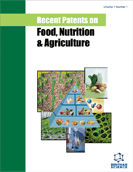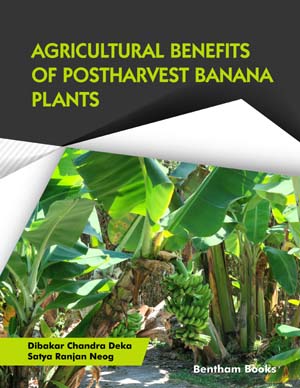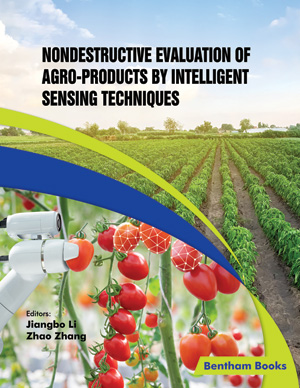Abstract
Galactolipids are a class of compounds widely found in the plant kingdom, including edible plants, and are an important part of the cell membranes. Galactolipids in plants consists mainly of monogalactosyldiacylglycerols and digalactosyldiacylglycerols containing one or two saturated and/or unsaturated fatty acids linked to the glycerol moiety. Several galactolipids have been shown to possess in vitro and/or in vivo anti-tumor promoting activity and antiinflammatory activity. Recently, it has been demonstrated that the galactolipid, 1,2-di-O-α-linolenoyl-3-O-β-Dgalactopyranosyl- sn-glycerol (1), may be important for the anti-inflammatory activity of dog rose (Rosa canina), a medicinal plant with documented effect on anti-inflammatory diseases such as arthritis. This galactolipid also occurs in relative high concentrations in certain legumes (e.g., common bean, pea), leaf vegetables (e.g., kale, leek, parsley, perilla and spinach), stem vegetables (e.g., asparagus, broccoli, brussels sprouts), and fruit vegetables (e.g., chilli, bell pepper, pumpkin). Furthermore, compound 1 has been isolated from spinach and several medicinal plants by bioassay-guided fractionation as a galactolipid with possible cancer preventive effects. In this review, the bioactivity of galactolipids is discussed and their potential role in human diet as important nutraceuticals. Moreover, recent patents on the bioactivity of specific galactolipids and inventions making use of this knowledge are presented and discussed.
Keywords: Galactolipids, anti-inflammatory, anti-cancer, bioactivity, bioavailability, extraction, vegetables
 58
58












